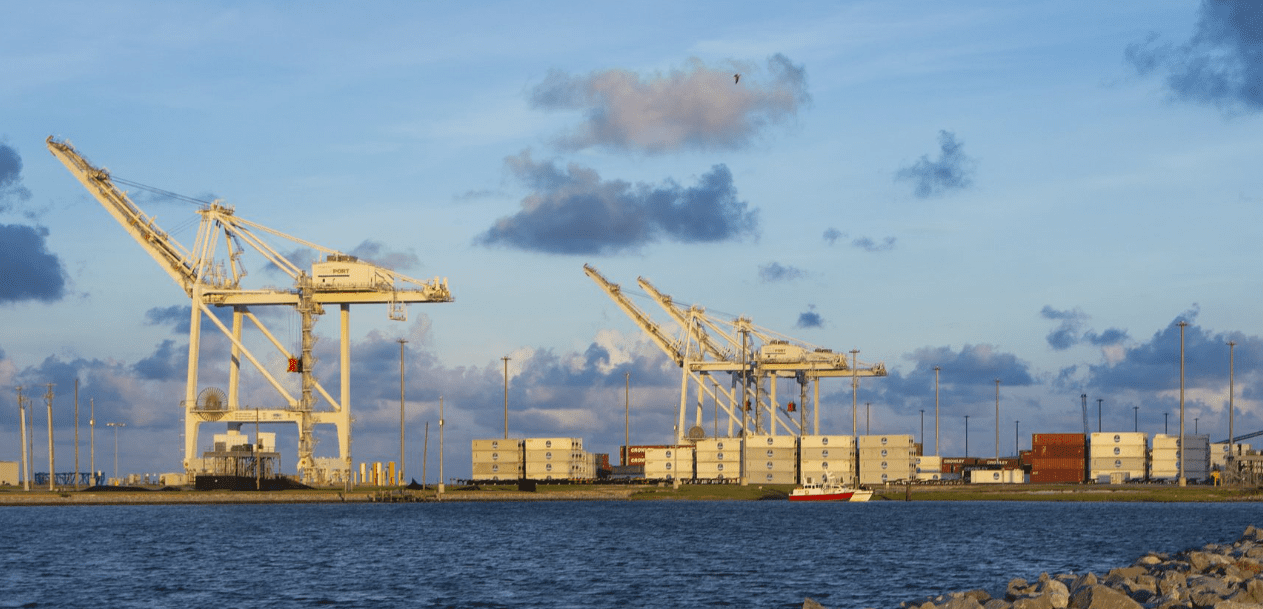
Sid Salter
- Columnist Sid Salter says every day, 10,000 Americans turn 65. By 2030, one in five U.S. residents will be senior citizens.
The “Silver Tsunami” isn’t just a clever turn of phrase—it’s a demographic freight train barreling toward Mississippi’s already strained health care infrastructure. Every day, 10,000 Americans turn 65. By 2030, one in five U.S. residents will be senior citizens. In Mississippi, where chronic illness, poverty, and rural isolation already complicate health care delivery, this wave of aging citizens threatens to swamp the system.
Our state ranks near the bottom in health outcomes. We have too few doctors, too many hospitals on life support, and a rural health care network that’s been fraying for decades. The federal government estimates that 70% of people turning 65 today will need long-term care at some point. That’s not a distant possibility — it’s a certainty. And in Mississippi, where nearly 20% of the population is already over 60, the impact will be felt sooner and more severely than in many other states.
The challenges are manifold. First, there’s the sheer demand for services. Mississippi will need more nursing homes, more home health aides, more geriatric specialists, and more accessible transportation for seniors. But we’re starting from behind. According to recent projections, the U.S. may need 3,000 more nursing homes nationwide to meet demand. Mississippi, with its aging rural communities and limited Medicaid expansion, will feel that pinch acutely.
Second, we face a workforce crisis. The same wave that’s aging our population is also retiring our health care providers. Nurses, doctors, and case managers are leaving the field just as their expertise is most needed. Mississippi’s medical workforce is already stretched thin. If we don’t act now to recruit and retain providers — especially in underserved areas — we’ll be staring down a full-blown crisis.
So, what’s the role of government in all this?
At the federal level, the stakes are enormous. Medicare and Medicaid are the lifelines for most seniors. But Medicare is under financial strain, and Medicaid expansion remains a political football in Mississippi. The federal government must shore up Medicare’s solvency. It must also invest in rural health infrastructure — telemedicine, mobile clinics, and broadband access — to reach seniors where they live.
Federal agencies can also help by funding workforce development programs. Scholarships, loan forgiveness, and training grants for geriatric care providers could help stem the tide of retirements and bring new talent into the field. And let’s not forget the importance of data: federal research and forecasting can help states plan for the coming surge with precision.
But Washington can’t do it alone. The Mississippi state government has an obligation to prepare for the silver tsunami. And Medicaid expansion is no longer an option.
The One Big Beautiful Bill Act (OBBBA) does not provide incentives for non-expansion states like Mississippi to expand Medicaid; in fact, it eliminates the temporary financial incentive that was offered under the American Rescue Plan Act or “Obamacare.” Starting January 1, 2026, any state that expands Medicaid will no longer receive the 5% increase in the federal medical assistance percentage (FMAP) for newly eligible individuals, making it more expensive for them to do so.
Next, the state must invest in its health care workforce. That means supporting emerging nursing programs at our universities, offering incentives for doctors to practice in rural areas, and funding continuing education in geriatric care. It also means recognizing that health care isn’t about medicine — it’s about transportation, housing, and nutrition. Seniors need wraparound services, and the state must coordinate across agencies to deliver them.
Mississippi must also rethink its approach to aging. Too often, we treat seniors as burdens rather than assets. But older adults bring wisdom, experience, and civic engagement. With proper support, they can continue contributing to their communities. That means investing in senior centers, volunteer programs, and age-friendly infrastructure.
Our elected officials must rise above partisan political squabbles and craft a comprehensive aging strategy. That includes planning for long-term care, supporting family caregivers, and ensuring that every Mississippian can age with dignity.
The silver tsunami is coming. We can’t stop it. But we can prepare. Mississippi has weathered storms before — economic, political, and literal. With foresight, compassion, and bold action, we can meet this challenge head-on.







